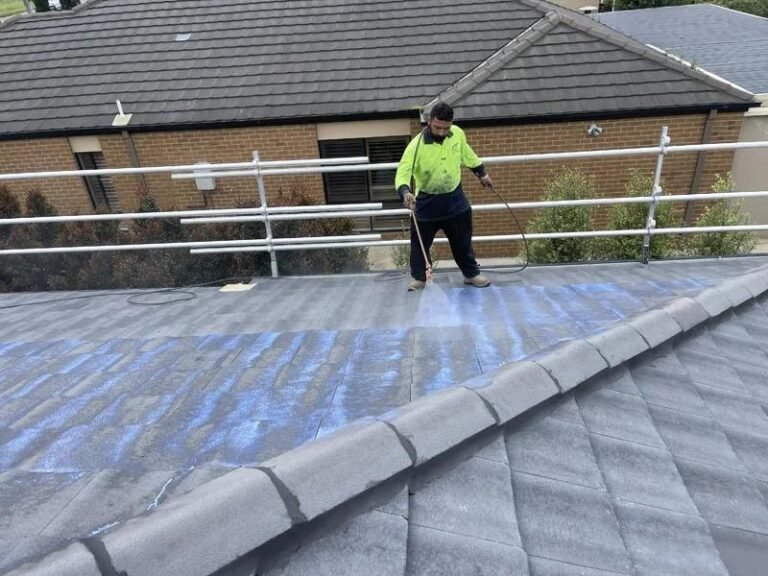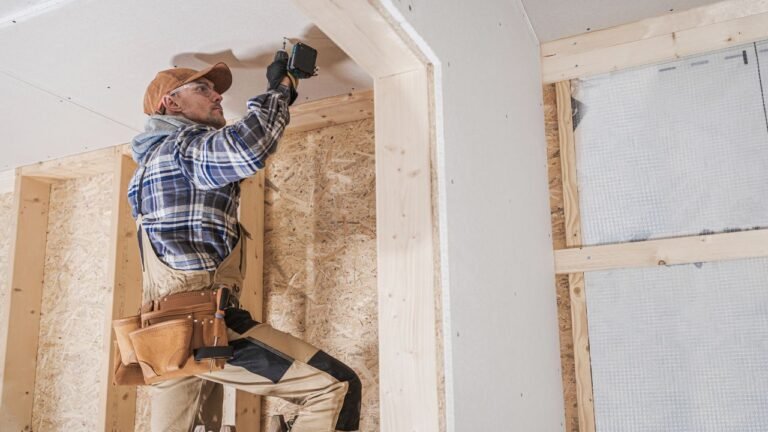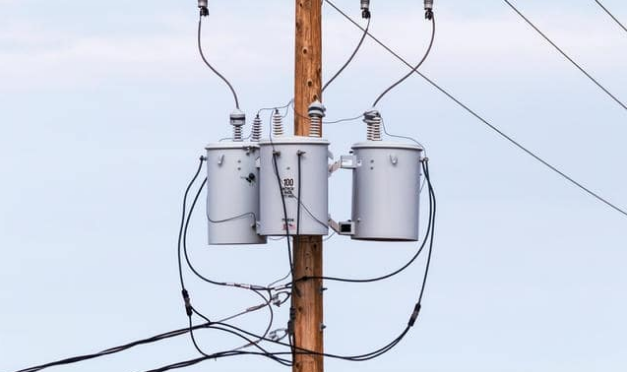
Your appliances talk to you. Not literally, but they send signals when something’s wrong. Strange noises, weird smells, performance drops. Most people ignore these signs until complete breakdown happens.
That’s expensive. Catching problems early saves money and prevents safety hazards. A small issue caught now costs less than major repairs later. Sometimes it’s the difference between a simple part replacement and buying a whole new appliance.
This guide covers the warning signs that mean you need professional appliance repair. Learn what to watch for, what’s urgent, and what can wait a bit. Understanding these signals helps you act before minor problems become disasters.
Sounds That Mean Trouble
Appliances make normal operational sounds. You know what your washing machine usually sounds like, what your fridge hums like during normal operation. When those sounds change, pay attention.
Grinding and Scraping Noises
Grinding sounds mean metal rubbing against metal somewhere it shouldn’t. This happens when bearings fail, belts slip off track, or components come loose. Your washing machine drum grinding during spin cycle indicates bearing problems. Your dishwasher grinding suggests pump or motor issues.
These sounds get worse over time, never better. The longer you ignore grinding, the more damage occurs. What starts as a bearing problem becomes motor damage becomes complete appliance failure. Act quickly when you hear grinding.
Banging and Clanking
Loud banging means something’s loose inside your appliance. Washing machines bang when drums become unbalanced or shock absorbers fail. Dryers clank when drum supports wear out or items get stuck in the drum mechanism.
Refrigerators shouldn’t bang at all. If yours does, the compressor might be failing or refrigerant flow is restricted. Dishwashers banging during cycles suggest spray arms hitting something or pump problems. Don’t ignore banging noises. They indicate mechanical failures that worsen rapidly.
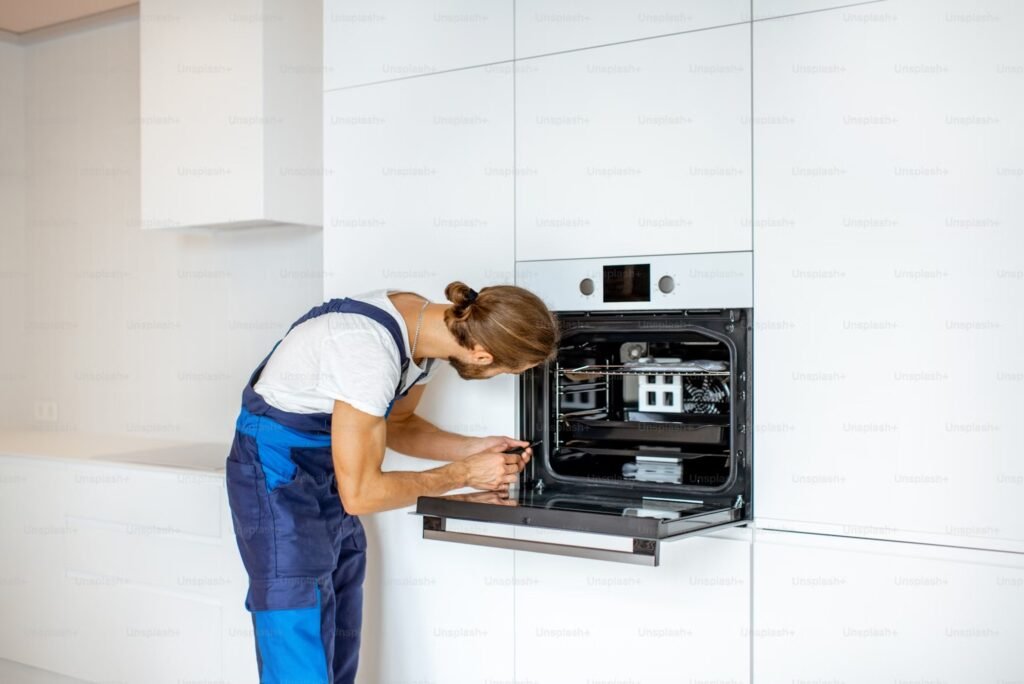
Squealing and Screeching
High-pitched squealing usually means belt problems or motor bearing issues. Dryers squeal when drum rollers or idler pulleys wear out. Washing machines screech when belts slip or bearings dry out.
These sounds are annoying but they’re also warnings. Belts about to break, bearings about to seize. When you hear squealing, schedule repairs soon. Waiting until the squealing stops usually means something broke completely.
Clicking That Won’t Stop
Refrigerators click occasionally during normal operation. Constant clicking that repeats every few seconds signals compressor problems. The compressor tries to start, fails, tries again. This overworks the motor and increases your power bill.
Ovens and stovetops clicking continuously after ignition suggest faulty igniters or gas valve issues. If you need Melbourne oven repair service for persistent clicking, don’t delay. Gas appliance issues can create safety hazards beyond just inconvenience.
Smells You Shouldn’t Ignore
Unusual smells from appliances rarely indicate good news. Some smells signal immediate danger while others suggest developing problems.
Burning Smells
Burning plastic or electrical smells mean something’s overheating. This could be wiring, motors, heating elements, or control boards. Stop using the appliance immediately when you smell burning.
Check for obvious causes first. Plastic bags near heating elements, items stuck against hot surfaces. If you can’t find an obvious external cause, the problem’s internal. Electrical fires start this way. Don’t use the appliance until a professional inspects it.
Burning smells from dryers often mean lint buildup near heating elements. This is a genuine fire hazard. Clean your lint trap, check your vents, and if the smell persists, get professional inspection immediately.
Gas Smells
Any gas smell around your stove, oven, or gas dryer requires immediate attention. Natural gas companies add that distinctive rotten egg smell specifically so you notice leaks. Even small gas leaks are dangerous.
Turn off the gas supply if you can reach it safely. Open windows for ventilation. Don’t use electrical switches or create any sparks. Leave your home and call your gas company’s emergency line. Only return when they clear your home as safe.
After addressing the immediate leak, schedule professional repairs before using the appliance again. Gas leaks don’t fix themselves and tend to worsen over time.
Musty or Mildew Smells
Musty smells from washing machines or dishwashers suggest water isn’t draining properly. Standing water breeds mold and mildew. This isn’t immediately dangerous like gas leaks, but it’s unhealthy and indicates mechanical problems.
Check drain hoses for kinks or clogs. Run cleaning cycles with appliance cleaner. If the smell persists, you’ve got drainage system problems that need professional attention. Pumps, drain valves, or hoses might be failing.
Refrigerators with musty smells might have water leaking inside, often from blocked defrost drains. This creates moisture where it shouldn’t be, leading to mold growth and food contamination.
Performance Problems That Need Attention
Sometimes appliances still technically work but don’t work well. These performance issues indicate developing problems that need addressing before complete failure.
Temperature Issues
Refrigerators not maintaining proper temperature cause food spoilage and safety issues. If your fridge runs constantly but stays too warm, or freezes food in the fresh section, the temperature regulation system is failing.
Ovens that don’t reach proper temperatures or heat unevenly make cooking difficult. Temperature inconsistency suggests thermostat failures, heating element problems, or control board issues. Professional diagnosis determines which components need replacement.
Air conditioning systems not cooling effectively mean refrigerant loss, compressor problems, or ductwork issues. If your system runs constantly without adequately cooling your home, you need assessment from aircon repair technicians who can diagnose refrigerant and compressor problems properly.
Excessive Running Time
Appliances that run longer than normal waste energy and indicate efficiency problems. Dryers taking multiple cycles to dry clothes suggest venting problems, heating element issues, or moisture sensor failures.
Dishwashers running for hours instead of their normal cycle time indicate water flow problems, pump issues, or control board failures. The appliance works harder to complete tasks, which stresses components and increases breakdown risk.
Refrigerators that never seem to shut off are working too hard. This usually means the compressor struggles, door seals leak, or the condenser coils are too dirty to transfer heat efficiently. Constant running dramatically increases your power bill and shortens appliance lifespan.
Water Where It Shouldn’t Be
Water pooling around washing machines, dishwashers, or refrigerators indicates seal failures, hose problems, or drainage issues. Even small leaks cause water damage to flooring and cabinets over time.
Check obvious causes first. Hoses might be kinked or connections loose. Door seals might have visible damage. If you can’t identify the source, internal components are leaking. Pumps, valves, or internal hoses might be failing.
Water leaks rarely improve on their own. They start small and gradually worsen until you’ve got flooding. Address leaks promptly to prevent property damage beyond just appliance repair costs.
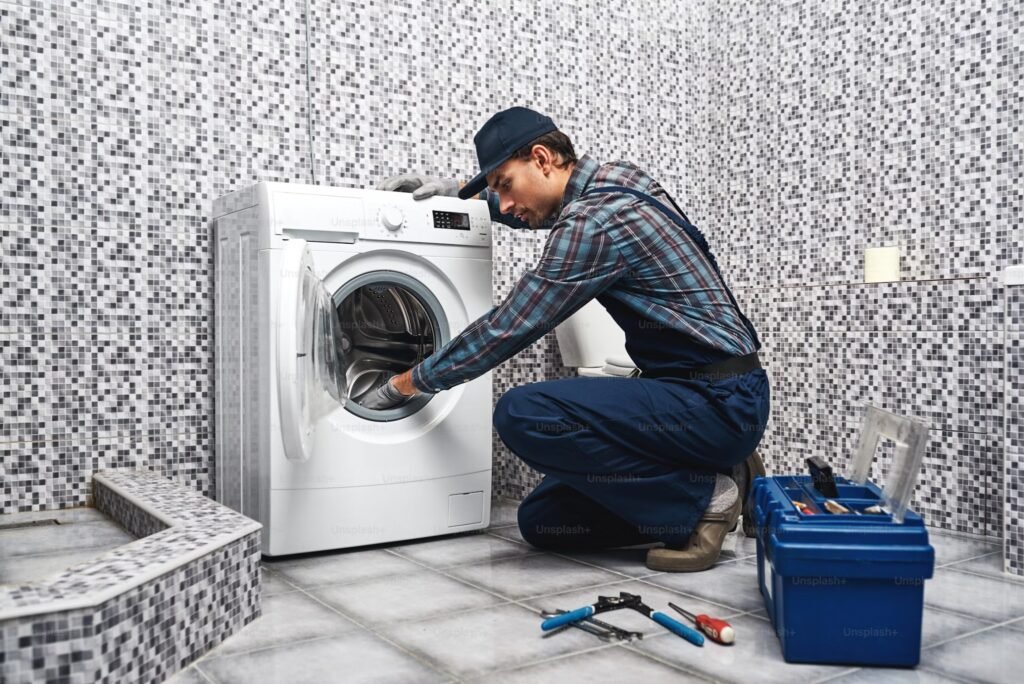
Electrical Warning Signs
Electrical problems in appliances are safety hazards that require immediate professional attention. Don’t attempt DIY repairs on electrical issues unless you’re qualified.
Tripping Circuit Breakers
Appliances that repeatedly trip circuit breakers are drawing too much current. This might indicate motor problems, short circuits, or failing electrical components. The breaker trips to prevent electrical fires, so take this warning seriously.
One tripped breaker might be a fluke. Repeated tripping means something’s wrong. Stop using the appliance and schedule professional inspection. Continuing to use appliances with electrical problems risks fire.
Sparking or Arcing
Visible sparks from appliances indicate dangerous electrical faults. Loose connections, damaged wiring, or short circuits cause sparking. This can ignite fires in surrounding materials.
Small sparks when plugging in appliances might be normal. Sparks during operation or from specific appliance areas are not normal. Disconnect the appliance and don’t use it until professionals inspect and repair it.
Shocks or Tingling
Feeling shocks or tingles when touching your appliance means electrical current is leaking to the appliance body. This happens when insulation fails or wiring touches metal components it shouldn’t.
Even mild tingles indicate serious problems. Strong shocks can injure or kill. Stop using the appliance immediately. Have it professionally inspected before considering use again. Electrical safety isn’t negotiable.
Error Codes and Digital Displays
Modern appliances with digital displays show error codes when problems occur. These codes provide specific information about failures.
Don’t ignore error codes hoping they’ll disappear. They indicate detected faults that prevent proper operation. Your appliance is telling you exactly what’s wrong in its own language.
Look up error codes in your appliance manual or online. Some codes indicate simple issues you can address yourself, like cleaning filters. Others indicate component failures requiring professional repair. Understanding what codes mean helps you determine urgency.
Intermittent error codes that appear and disappear suggest developing problems. The failure isn’t constant yet but it’s there. Schedule service before the problem becomes permanent and more expensive to fix.
Age and Frequency Patterns
Sometimes the warning sign is simply how often problems occur and how old your appliance is. These patterns tell you when repair makes sense versus replacement.
Increasing Repair Frequency
One repair every few years is normal appliance maintenance. Multiple repairs within months suggests your appliance is reaching end of life. Components fail more frequently as appliances age.
Calculate your total repair costs over the past year or two. If repairs approach 50 percent of replacement cost, consider replacement instead of continued repairs. You’re throwing good money after bad at that point.
Age Considerations
Appliances have typical lifespans. Washing machines last 10 to 14 years. Dryers last 10 to 13 years. Refrigerators last 10 to 15 years. Dishwashers last about 9 years. When appliances exceed these ages, repairs become less economical.
Older appliances also use more energy than modern efficient models. Sometimes replacement pays for itself through reduced utility bills even if the old appliance could be repaired.
When Problems Are Actually Urgent
Not all warning signs require immediate action but some do. Understanding urgency helps you prioritize and prevents dangerous situations.
Immediate attention needed for gas smells, electrical sparking, burning smells, or water actively flooding your home. These represent safety hazards or property damage in progress. Act immediately by shutting off appliances and calling emergency services or professionals as appropriate.
Schedule repairs within days for grinding noises, temperature control failures in refrigerators, or appliances tripping breakers. These indicate serious problems that will worsen and possibly cause secondary damage if ignored.
Schedule repairs within weeks for efficiency problems, minor leaks you’ve contained, or performance issues that don’t affect safety. These need addressing but aren’t emergencies requiring same-day service.
The Bottomline
Your appliances communicate problems through sounds, smells, performance changes, and error messages. Learning to recognize these warning signs helps you catch problems early when repairs are simpler and cheaper.
Don’t ignore strange noises hoping they’ll go away. They won’t. Don’t dismiss performance problems as just quirks. They’re developing failures. Don’t overlook small leaks or occasional error codes. They’re early warnings of bigger problems coming.
Act on warning signs promptly but appropriately. Understand which issues need immediate attention versus which can schedule normally. Use qualified professionals for repairs rather than attempting dangerous DIY fixes on gas or electrical problems.
Regular maintenance catches many problems before they become warnings. Clean filters, check hoses, run cleaning cycles, and keep appliances properly maintained. Prevention costs less than repair, and repair costs less than replacement. Pay attention to what your appliances are telling you, and you’ll save money while keeping your home safe and functional.

